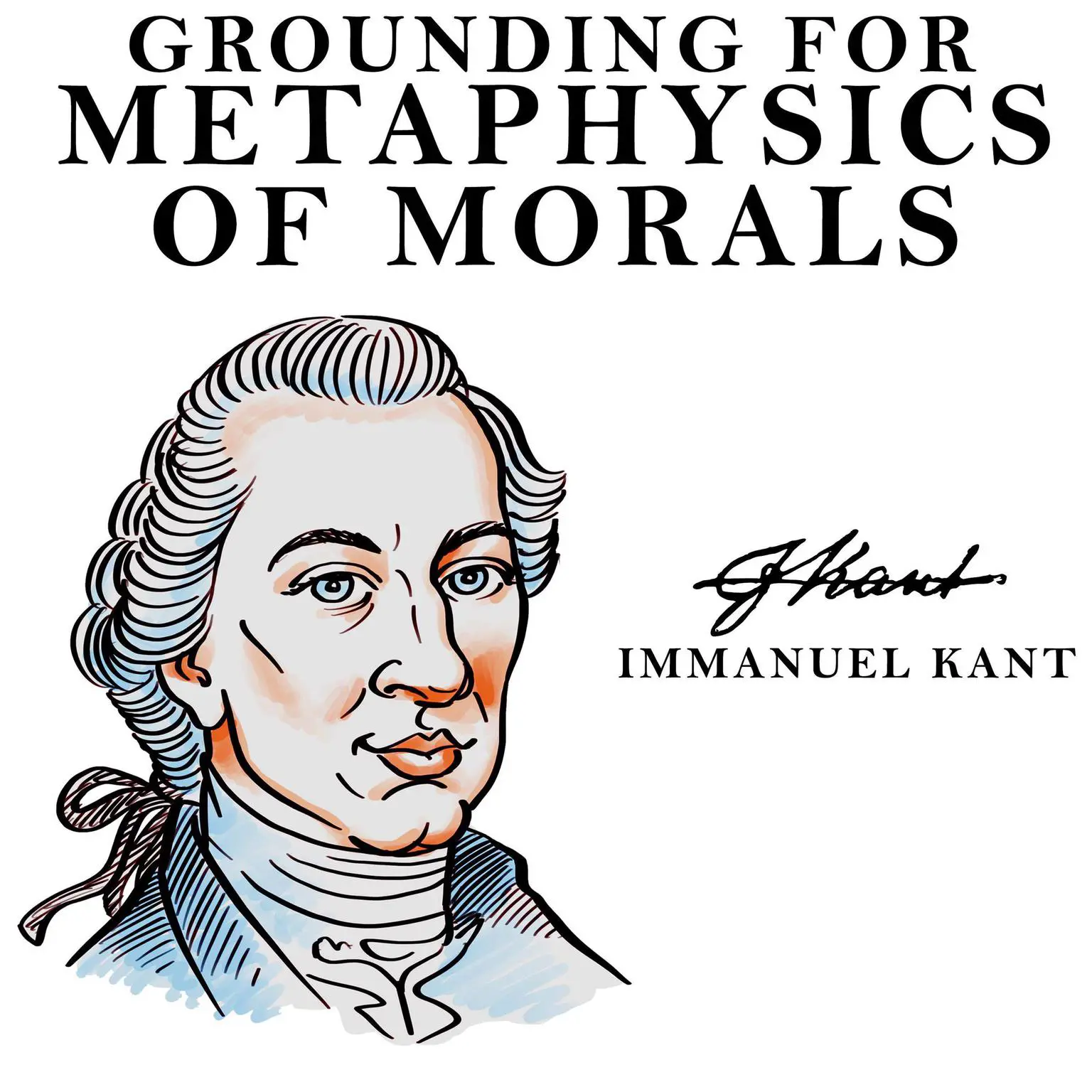 Play Audiobook Sample
Play Audiobook Sample
Grounding for the Metaphysics of Morals Audiobook
 Play Audiobook Sample
Play Audiobook Sample
Quick Stats About this Audiobook
Total Audiobook Chapters:
Longest Chapter Length:
Shortest Chapter Length:
Average Chapter Length:
Audiobooks by this Author:
Publisher Description
Groundwork of the Metaphysics of Morals (1785; German: Grundlegung zur Metaphysik der Sitten; also known as the Foundations of the Metaphysics of Morals, Grounding of the Metaphysics of Morals, and the Grounding for the Metaphysics of Morals) is the first of Immanuel Kant's mature works on moral philosophy and remains one of the most influential in the field. Kant conceives his investigation as a work of foundational ethics—one that clears the ground for future research by explaining the core concepts and principles of moral theory, and showing that they are normative for rational agents. Kant purposes to lay bare the fundamental principle of morality and show that it applies to us. Central to the work is the role of what Kant refers to as the categorical imperative, the concept that one must act only according to that precept which he or she would will to become a universal law. He provides a groundbreaking argument that the rightness of an action is determined by the principle that a person chooses to act upon. This stands in stark contrast to the moral sense theories and teleological moral theories that dominated moral philosophy at the time of Kant's career. The Groundwork is broken into a preface, followed by three sections. Kant's argument works from common reason up to the supreme unconditional law, in order to identify its existence. He then works backwards from there to prove the relevance and weight of the moral law. The book is famously obscure, and it is partly because of this that Kant later, in 1788, decided to publish the Critique of Practical Reason.
Download and start listening now!
Grounding for the Metaphysics of Morals Listener Reviews
Be the first to write a review about this audiobook!
About Immanuel Kant
Immanuel Kant (1724–1804) was a Prussian philosopher whose best-known works include the Critique of Pure Reason, the Critique of Practical Reason, the Critique of Judgment, and the Metaphysics of Morals. The fourth of eleven children, he attended the University of Königsberg beginning in 1740, where he later became a professor of philosophy. A central figure in moral philosphy, Kant’s doctrines rely upon the principles of human autonomy and rationality. His work influenced—either as a foundation or a point of opposition—such later philosophers as Hegel, Schopenhauer, Nietzsche, and Foucault, and his ideas have affected fields ranging from metaphysics and ethics to epistemology and political philosophy.









